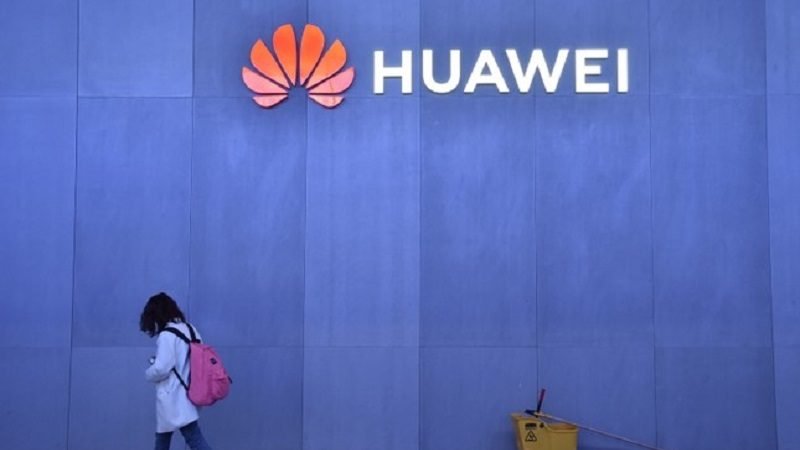Counter intelligence services in Poland have arrested the sales director of Huawei on charges of spying while the local offices of the Chinese company were raided and searched, according to reports in the Polish media.
This is the latest in a long line of legal woes and international security concerns surrounding the Chinese-owned communications company, even as Prime Minister Joseph Muscat insists on pushing forward with a deal with the company for Malta.
Malta, on the other hand, has embraced Huawei with open arms, announcing in October that facial recognition technology was set to be introduced to the country using technology provided by the firm.
Prime Minister Joseph Muscat even went as far as praising Sai Mizzi, wife of Minister Konrad Mizzi whose allegations on money laundering have become too long to document, for introducing Huawei and its 5G network to Malta. IT experts warned it had no basis in law.
Facial recognition technology was earmarked for targeted use in Marsa, according to the Prime Minister’s statement, an area home to a large ethnic population. Significant concerns were raised around the ethics of facial recognition technology, in particular the fact that it routinely misidentifies ethnic minorities.
It was suggested that the government was deliberately scaremongering the population into accepting the technology without any regulatory control or consultation, by using migrants and Marsa as a scapegoat.
It was later reported that plans for facial recognition technology “might be halted” following concerns on data protection.
The director of government company Safe City Malta (who is also head of the Malta Financial Services Authority) Joseph Cuschieri said discussions had to be held with the Data Protection Commissioner to explain plans for a Huawei-sponsored idea for a ‘safe city’ linking up facial recognition CCTV cameras to identity databases.
A high ranking Huawei executive Meng Wanzhou was also arrested by Canadian authorities in December 2018, at the request of the US authorities. The arrest was made as a part of ongoing investigations into the alleged violations of US trade sanctions.
Reports have shown that the Chinese technology giant circumvented sanctions imposed on Iran and North Korea by providing them with telecommunications equipment that can be used to spy on their populations, otherwise known as ‘dual use technologies’.
In addition to this, Huawei have come under fire from authorities in Norway, Germany, the US, the UK, Australia and New Zealand, with several countries outright banning the use of their devices or equipment used in 5G mobile networks.
This refusal to use Huawei’s products come from the belief that doing so would pose “significant risks to national security” and potentially provide sensitive information back to Beijing through “backdoors” installed in Huawei products.
US officials said they also had reason to suspect the application of the Chinese National Intelligence Law which states that all Chinese “organisations and citizens shall…support, cooperate with and collaborate in national intelligence work”, leading to fears that Chinese businesses that operate abroad could become involved in spying.
While Huawei have denied all allegations, a growing number of countries are not prepared to take the risk.














